The Trouble With Social Media Influencers and Non-Allyship
If your favorite influencers aren't using their platform to speak out, unfollow them.
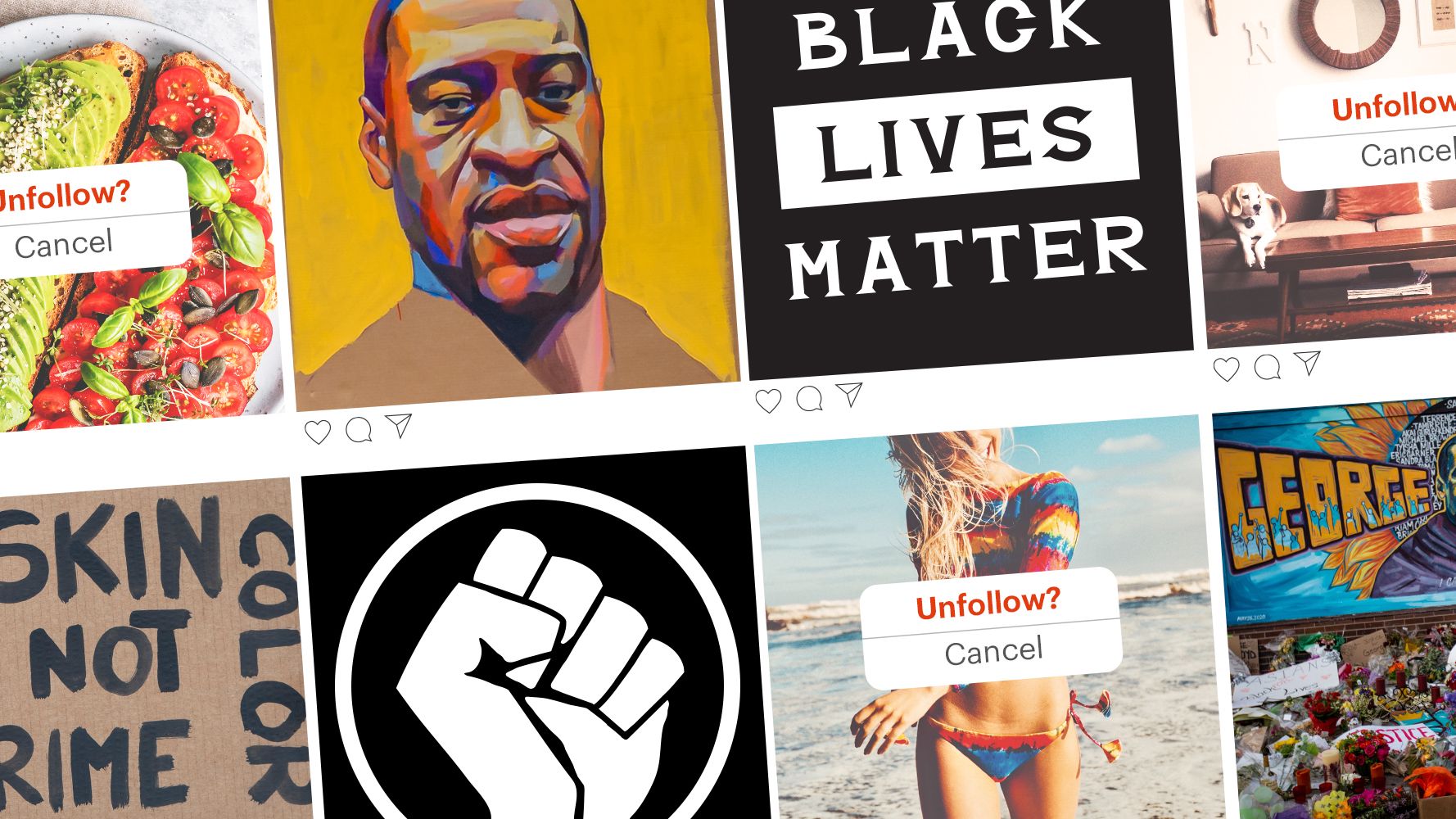
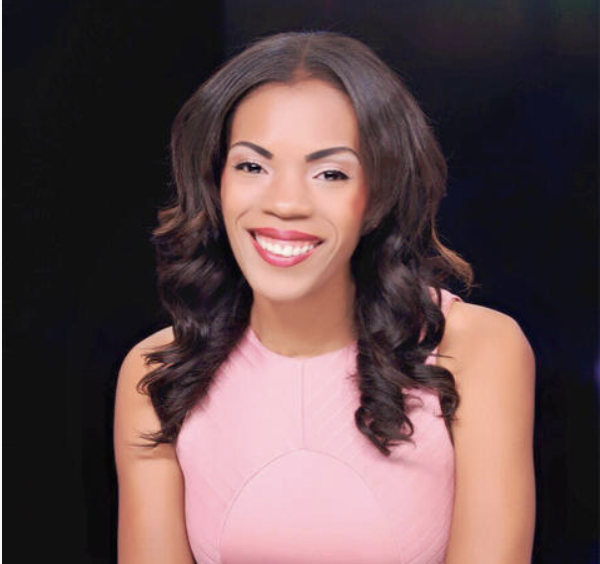
I find myself, this week, no longer interested in the things I used to be, no longer influenced by what had been captivating my attention during this period of COVID-19 self-isolation. The giddy thoughts of filling my online shopping carts with clothes, shoes, and accessories are gone. Now, I scroll through social media wondering, “Do people get it yet?”
Do they get what it’s like to watch another Black life taken just because? What it is like for that to be a uniquely American tragedy? Questions about where people stand on the topic of systemic racism and if they truly understand the magnitude of what’s happening in this country have consumed my thoughts this past week. They manifested after I watched George Floyd pinned under the knee of a white, male Minneapolis police officer for 8 minutes and 46 seconds.
For me, the death of George Floyd at the hands of police brutality and the ensuing outrage across America have called into question the subject of influencers and allyship. Let’s be real: We are all influenced by something or someone on social media. It’s no accident the influencer marketing industry is set to be worth up to $15 billion by the year 2022.
We know more about a millennial It girl we’ve never met—the skincare regimen she swears by and the date she installed the farmhouse sink of her dreams—than we do about some of our own family members. But do they know the gravity of what it’s like to be Black in America? And, more importantly, do they care?
Most importantly, how have they shown they care?
Do they know the gravity of what it’s like to be Black in America? And, more importantly, do they care?
I watched for days after George Floyd’s death as the influencers I follow—of all colors and backgrounds—remained silent. They continued to share outfit posts, fitness routines, and inspirational quotes. They continued to invade my feed with their HD-quality content and a full face of makeup, still encouraging me and everyone else to “like, comment, share, and subscribe!”
But they were silent on a social justice issue heavy on the hearts of the followers that keep them relevant.
Stay In The Know
Get exclusive access to fashion and beauty trends, hot-off-the-press celebrity news, and more.
To me, it was an insult. Influencers, in this digital age, are the leaders of social expectations. They essentially tell us what to care about and why. Ignoring a blatant social justice issue that has recently become the collective focus of our country shows me that’s not what you care about.
Digital strategist Lanae Spruce, says that now, more than ever, it’s critical for influencers to use their platforms to speak out against racial injustice. “It’s very telling if they are using silence.”
Spruce explains that “Influencers are a way for people to feel connected to something through social platforms,” but what happens when that connection is a one-way street? For example, I feel a connection to a specific influencer because she shares my passion for fitness. But I also have a passion for ending racial injustice; her passion for that is nonexistent.
In all actuality, our core values don’t align. And my choice to unfollow that influencer is personal.
I say that because racism and racial injustice aren’t just hot-button issues to care about this week. The killing of George Floyd is not a new thing. The Amy Coopers of the world aren’t new either. The Black Lives Matter movement started in 2013, so everyone has had at least seven years to get educated, to stand up, to show me that Black lives matter to them, too.
“I have a really good idea of who I know shows up for my community,” says Ashley McGirt, a licensed mental health therapist who specializes in helping clients navigate and overcome racial trauma. “Did it not resonate with you when Colin Kaepernick was kneeling? Or when Trayvon Martin was killed?”
Unfollowing the influencers or brands who haven’t taken a stand for Black people, to me, has been freeing. But I recognize it might not feel that way for everyone. McGirt says there’s a psychology around being attached to individuals, especially those with a large presence and following on social media, even if they’ve been silent this week or have posted content against what you believe in.
“We feel like we’re going to miss out on something, and nobody wants to miss out on anything,” says McGirt. “And now, as things have been exacerbated in the media, we’re able to look internally [and realize], This person isn’t for me.”
Even I have wondered, through this last round of unfollowing in particular, why I felt the need to stay connected to and to continue to support people who remained silent after the killings of Trayvon Martin, Michael Brown, Tamir Rice, Eric Garner, Ahmaud Arbery, and so many others. They have shown me time and time again that they couldn’t care less about whether we lost another Black life at the hands of this racist nation.
Who I choose to follow now has everything to do with who I know will show up for me and Black people everywhere. I would rather invest in people who will somehow do the work to dismantle systemic racism every day and who won’t only interrupt their fabulous feed to show up because another Black person’s death is trending.
To the influencers whose promo codes I will never use again: Your influence means nothing to me if you don’t care about my life.
Sierra is a Central Coast transplant, by way of Anchorage, New York City, Pittsburgh, Atlanta and Chicago! She's been a lot of places, but is happy to finally be living by the beach. Sierra began as a print journalist, working in the world of women's magazines in NYC. Her shift to TV news was marked by Superstorm Sandy in 2012. She has vivid memories of one-man-banding in the boroughs of the city, carrying her weight in equipment on the subway, to tell the stories of those affected by the natural disaster. She most recently came from Anchorage, Alaska where she was the morning reporter for KTVA-TV and was actively involved in the YWCA and other programs geared toward empowering young women. Sierra is thrilled to be continuing that work here as well on the Central Coast. Feel free to say hello if you see her running the trails around town or at a Bikram yoga class on her days off!
-
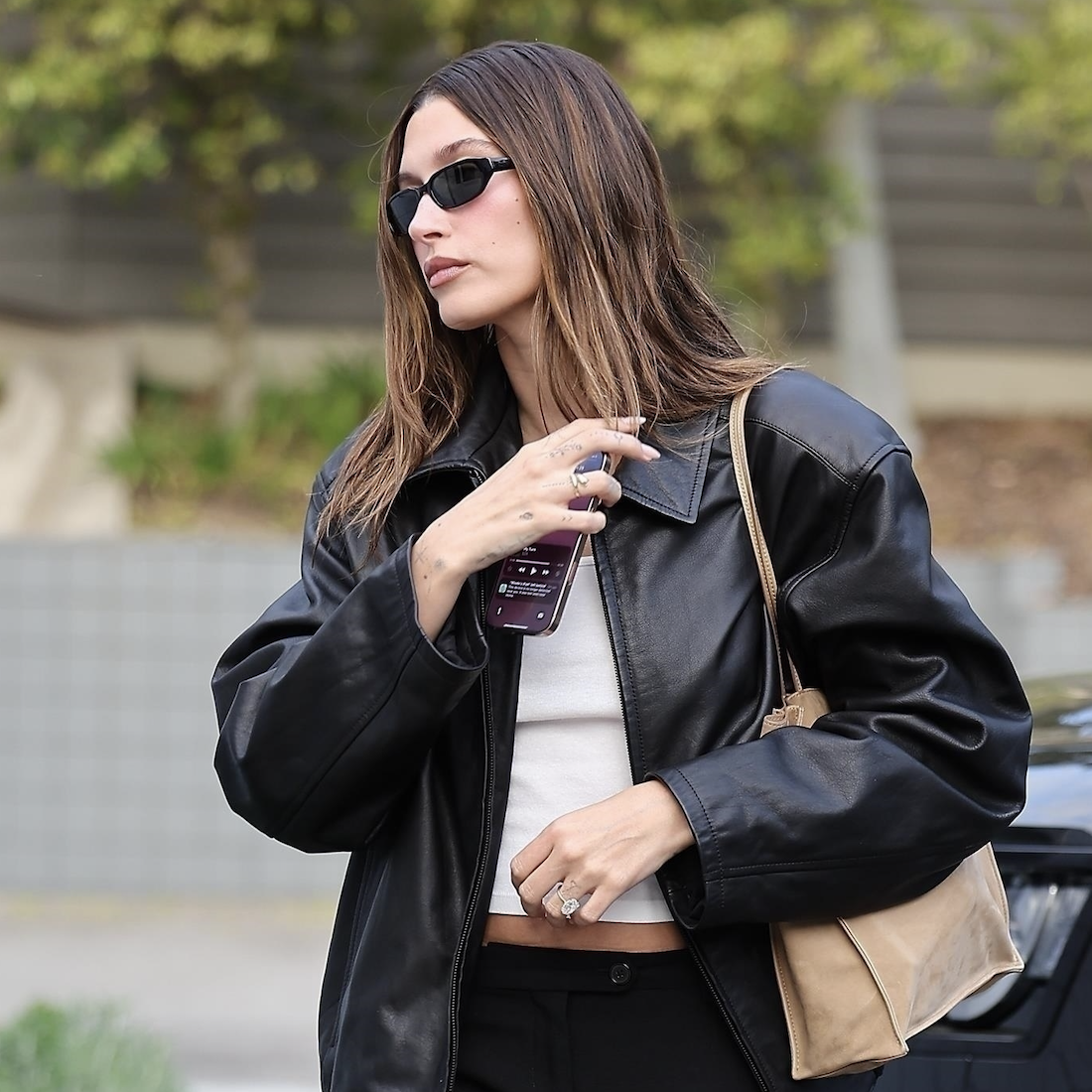 Hailey Bieber Takes the Leather Bomber Jacket She Designed on Its Maiden Voyage
Hailey Bieber Takes the Leather Bomber Jacket She Designed on Its Maiden VoyageJustin Bieber is involved, too.
By Kelsey Stiegman
-
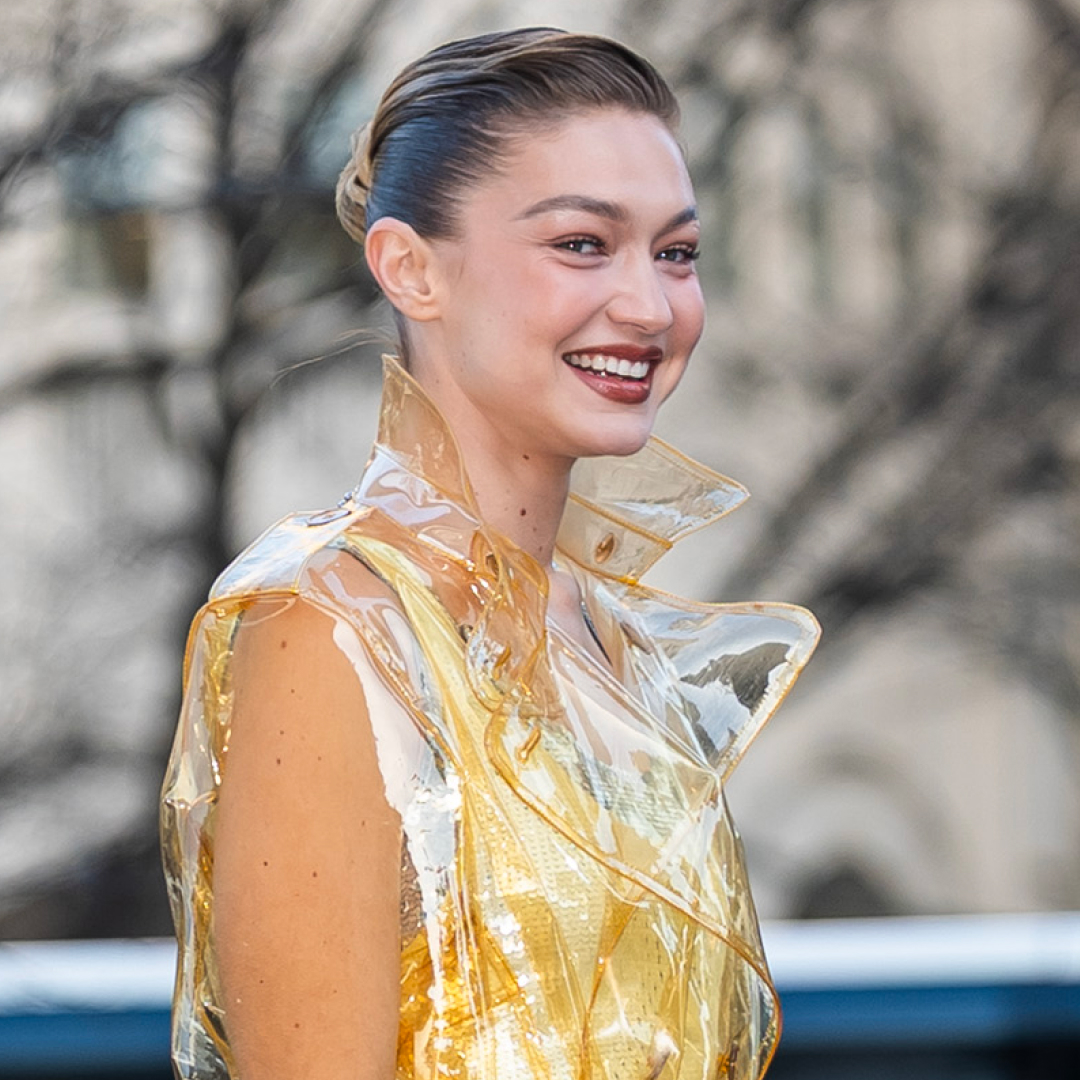 Gigi Hadid Responds to a Comment About Hiding Her Daughter's Face on Instagram
Gigi Hadid Responds to a Comment About Hiding Her Daughter's Face on InstagramThe model has made her boundaries with Khai very clear.
By Lia Beck
-
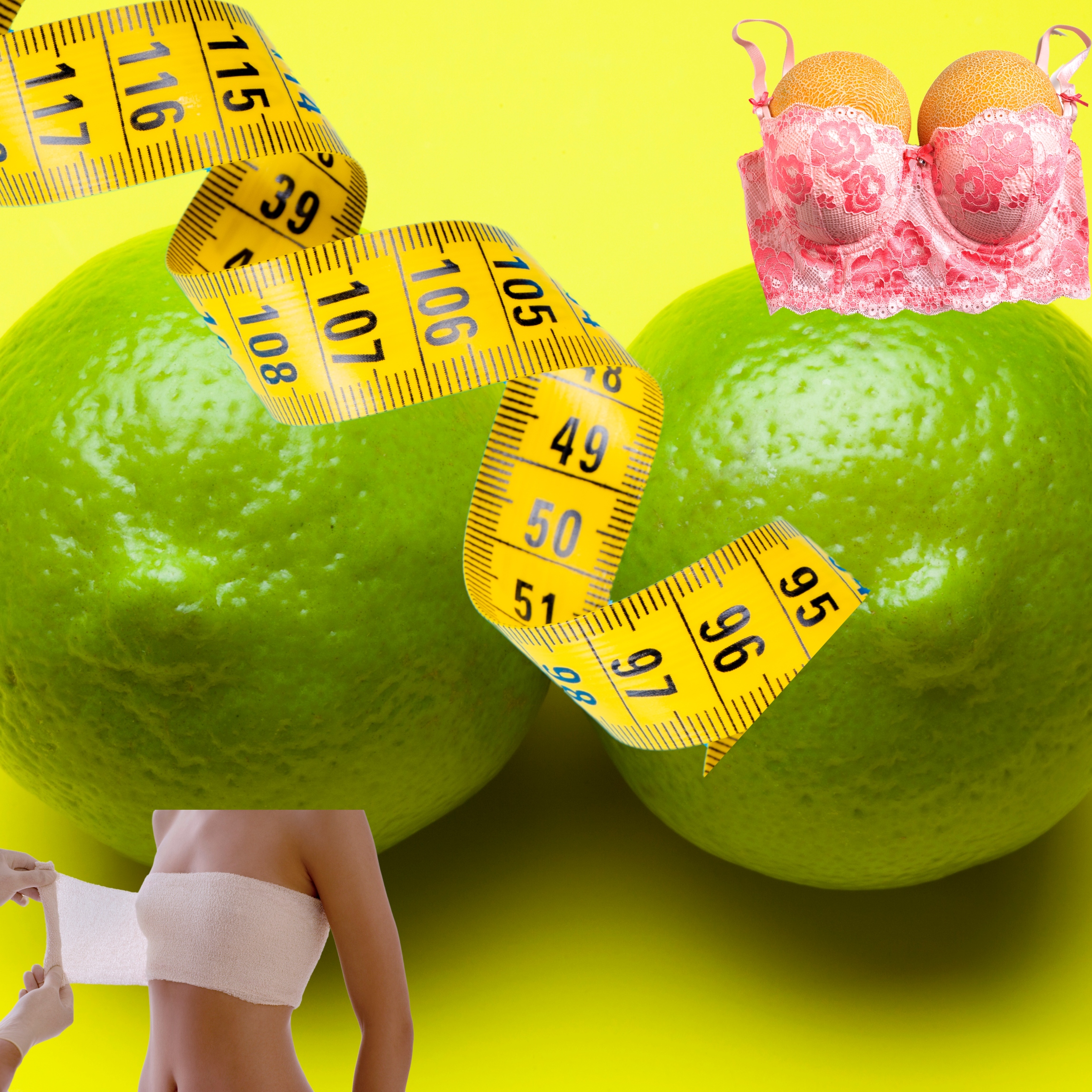 Everything I Wish I Knew Before Going From a Triple D to a Small B
Everything I Wish I Knew Before Going From a Triple D to a Small BWelcome to breast reduction 101.
By Samantha Holender
-
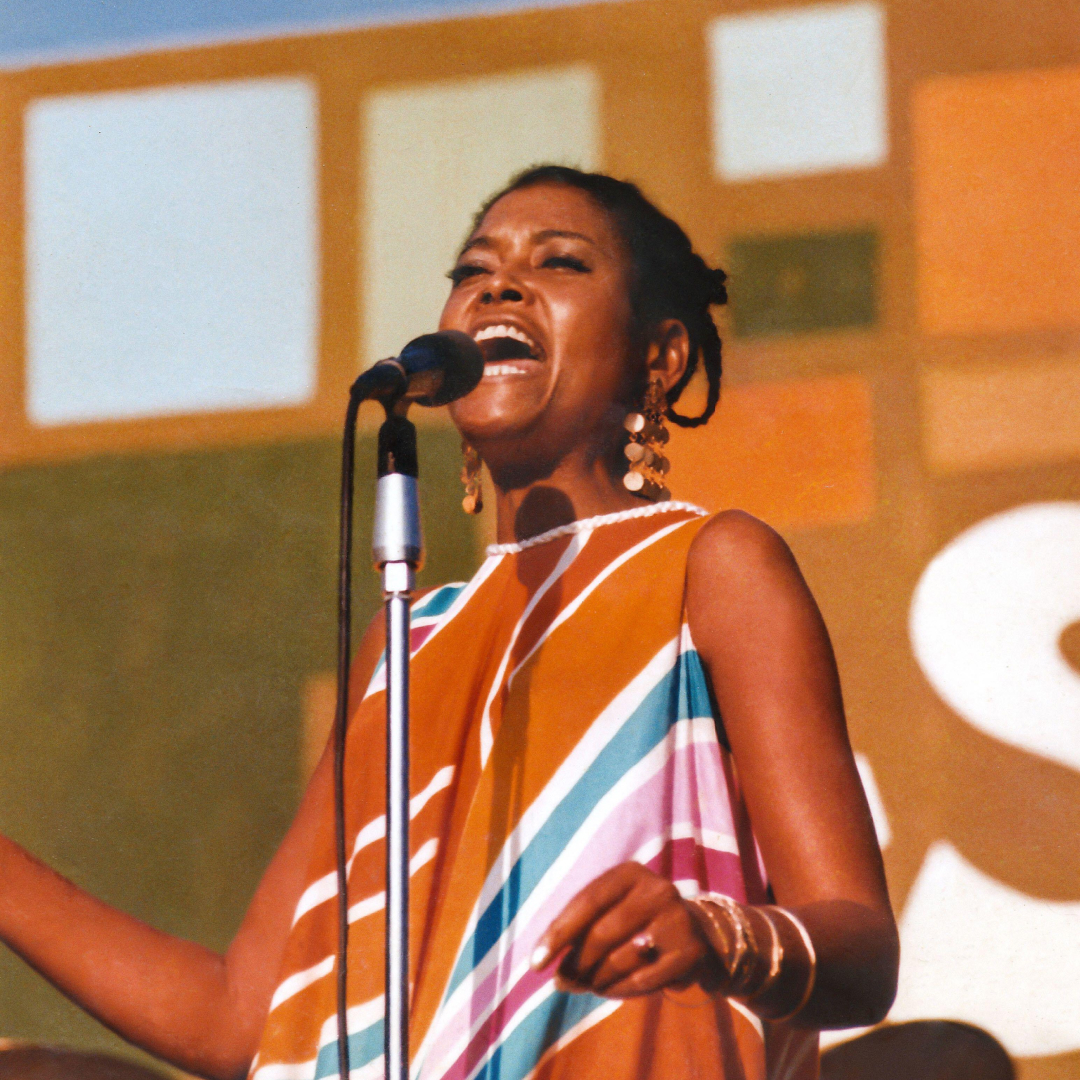 Documentaries About Black History to Educate Yourself With
Documentaries About Black History to Educate Yourself WithTake your allyship a step further.
By Bianca Rodriguez
-
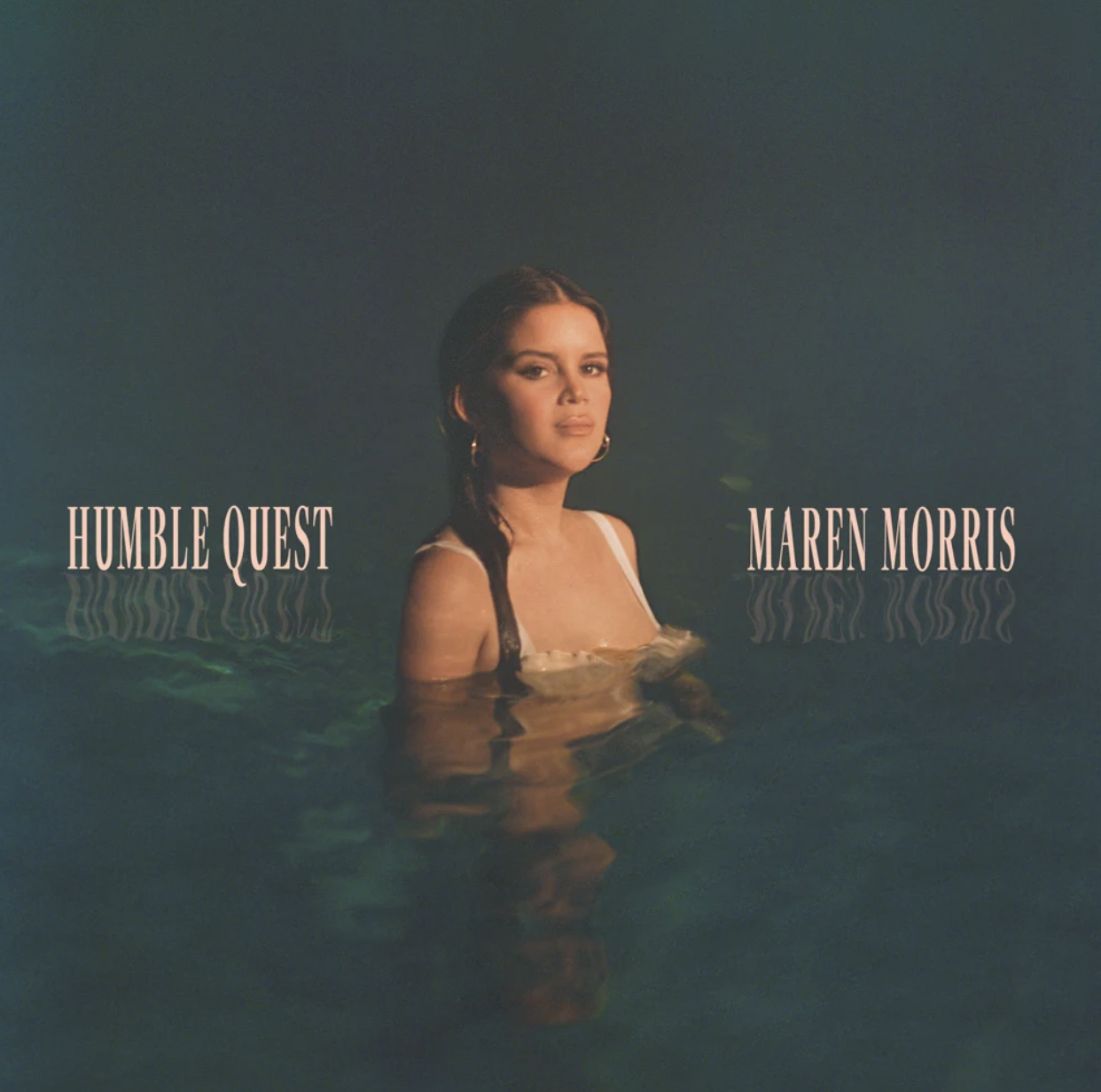 4 Best Sad Songs of 2022 to Play When You're in Your Feels
4 Best Sad Songs of 2022 to Play When You're in Your FeelsFeatures New songs from Maren Morris, Iann Dior, and more.
By Marie Claire
-
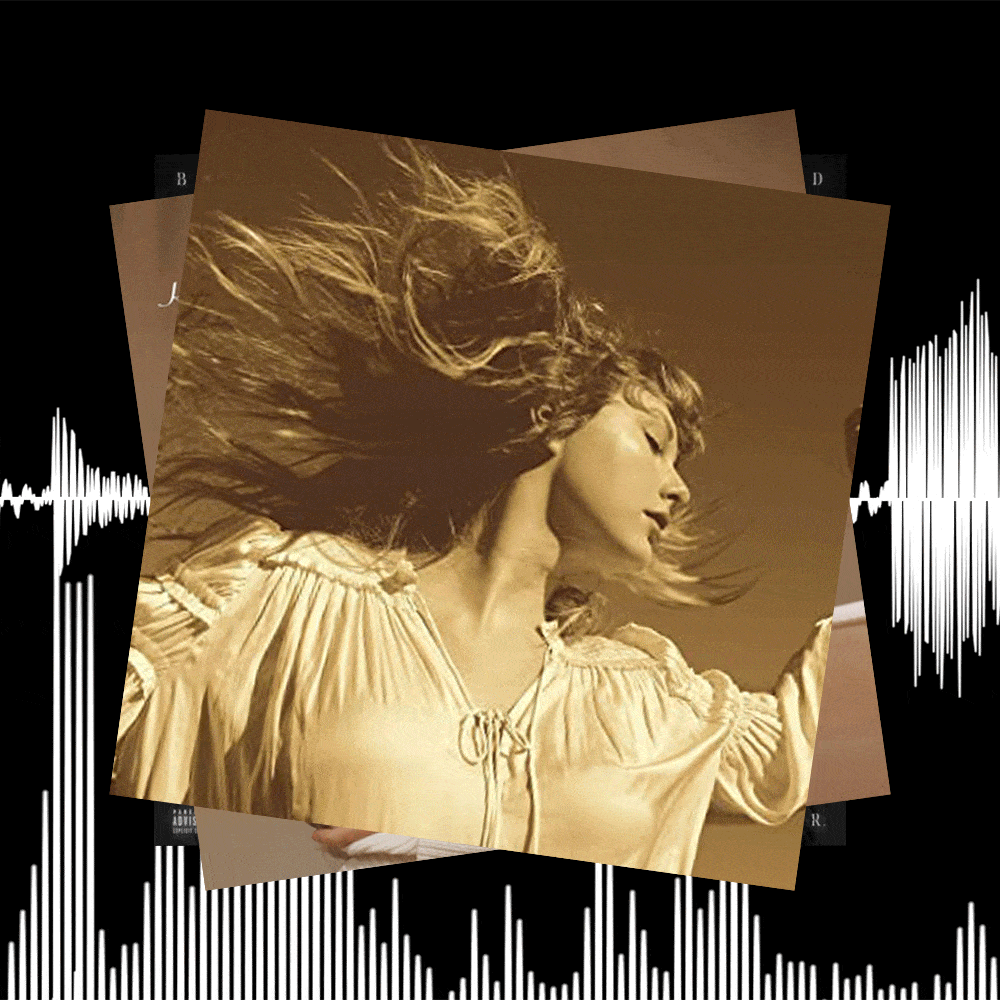 The 16 Best Sad Songs of 2021 to Play When You're Feeling Down
The 16 Best Sad Songs of 2021 to Play When You're Feeling DownFeatures Not me still listening to "Drivers License" on repeat!
By Rachel Epstein
-
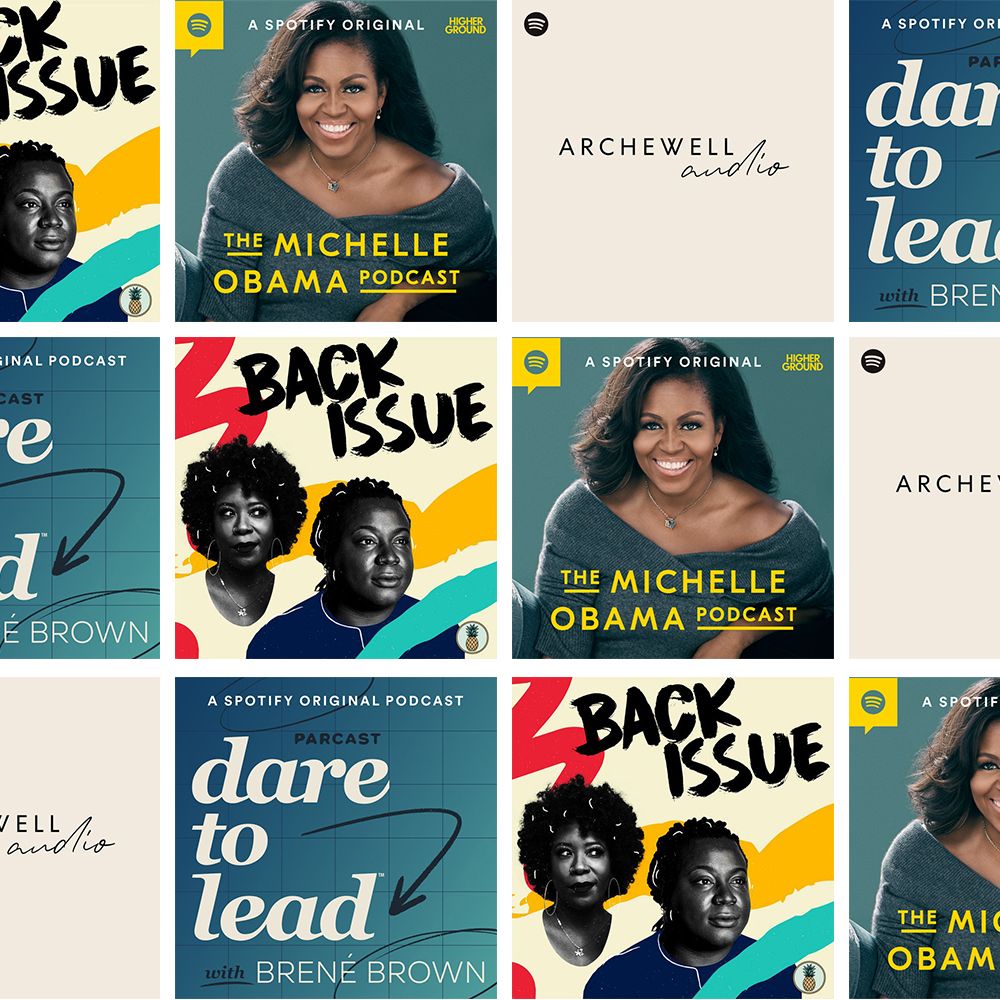 The 18 Best Podcasts of 2021 (So Far)
The 18 Best Podcasts of 2021 (So Far)Like listening in to your funniest, most knowledgable friends.
By Julia Marzovilla
-
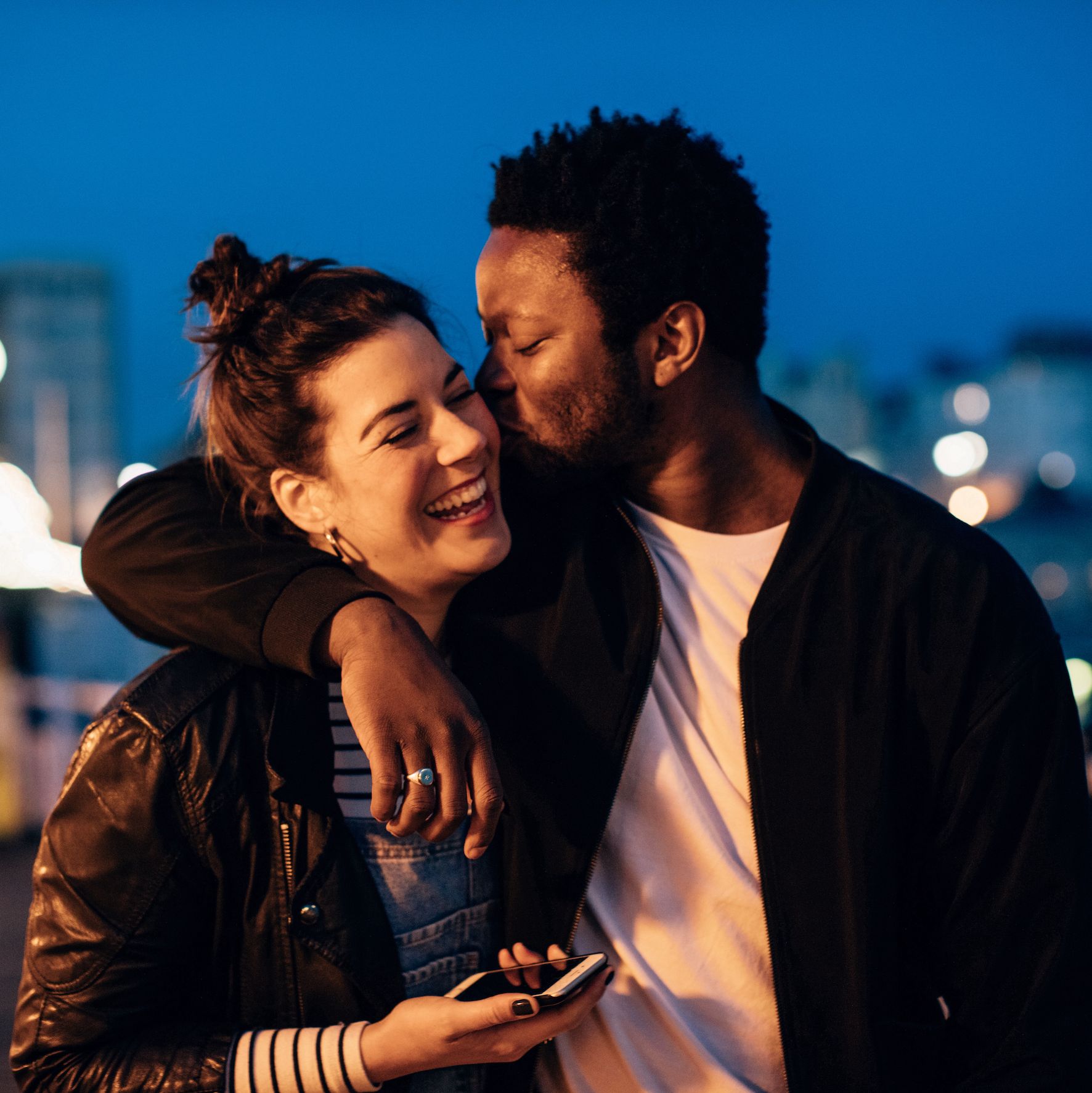 The 17 Best Dating Sites and Apps
The 17 Best Dating Sites and AppsFeatures It's time to meet your match.
By Julia Marzovilla
-
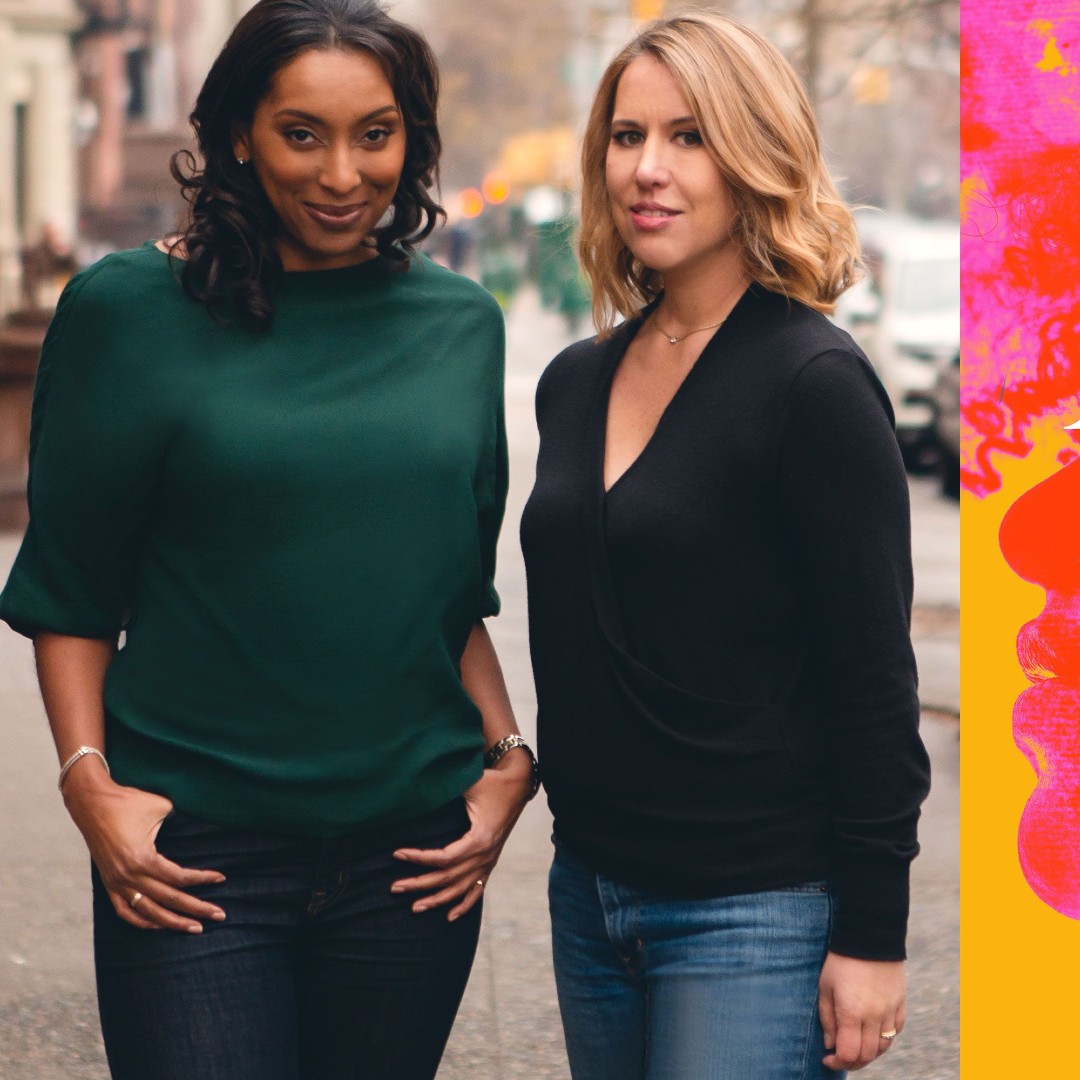 In 'We Are Not Like Them' Art Imitates Life—and (Hopefully) Vice Versa
In 'We Are Not Like Them' Art Imitates Life—and (Hopefully) Vice VersaRead an excerpt from the thought-provoking new book. Then, keep scrolling to discover how the authors, Jo Piazza and Christine Pride, navigated their own relationship while building a believable world for Riley and Jen—best friends, one Black, one white, dealing with the killing of an unarmed Black boy by a white police officer.
By Danielle McNally
-
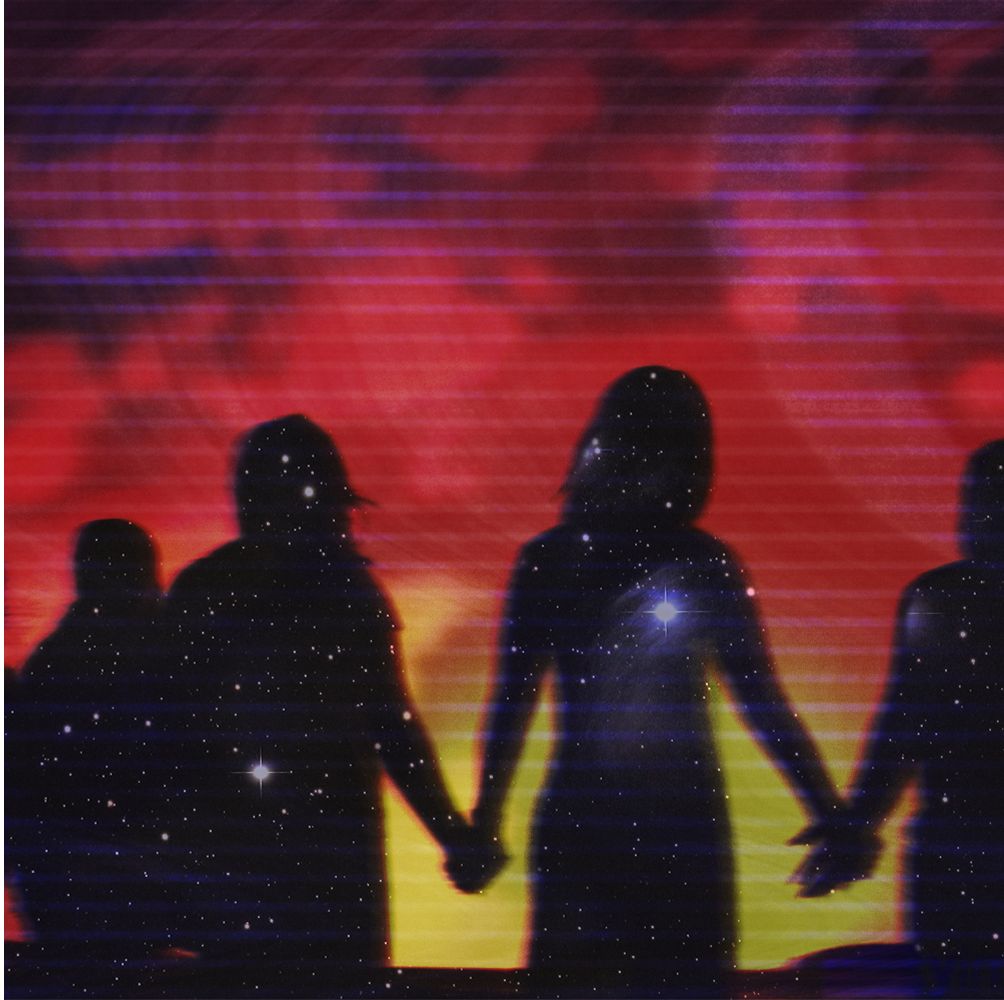 Love Has Lost
Love Has LostQuasi-religious group Love Has Won claimed to offer wellness advice and self-care products, but what was actually being dished out by their late leader Amy Carlson Stroud—self-professed \201cMother God\201d—was much darker. How our current conspiritualist culture is to blame.
By Virginia Pelley
-
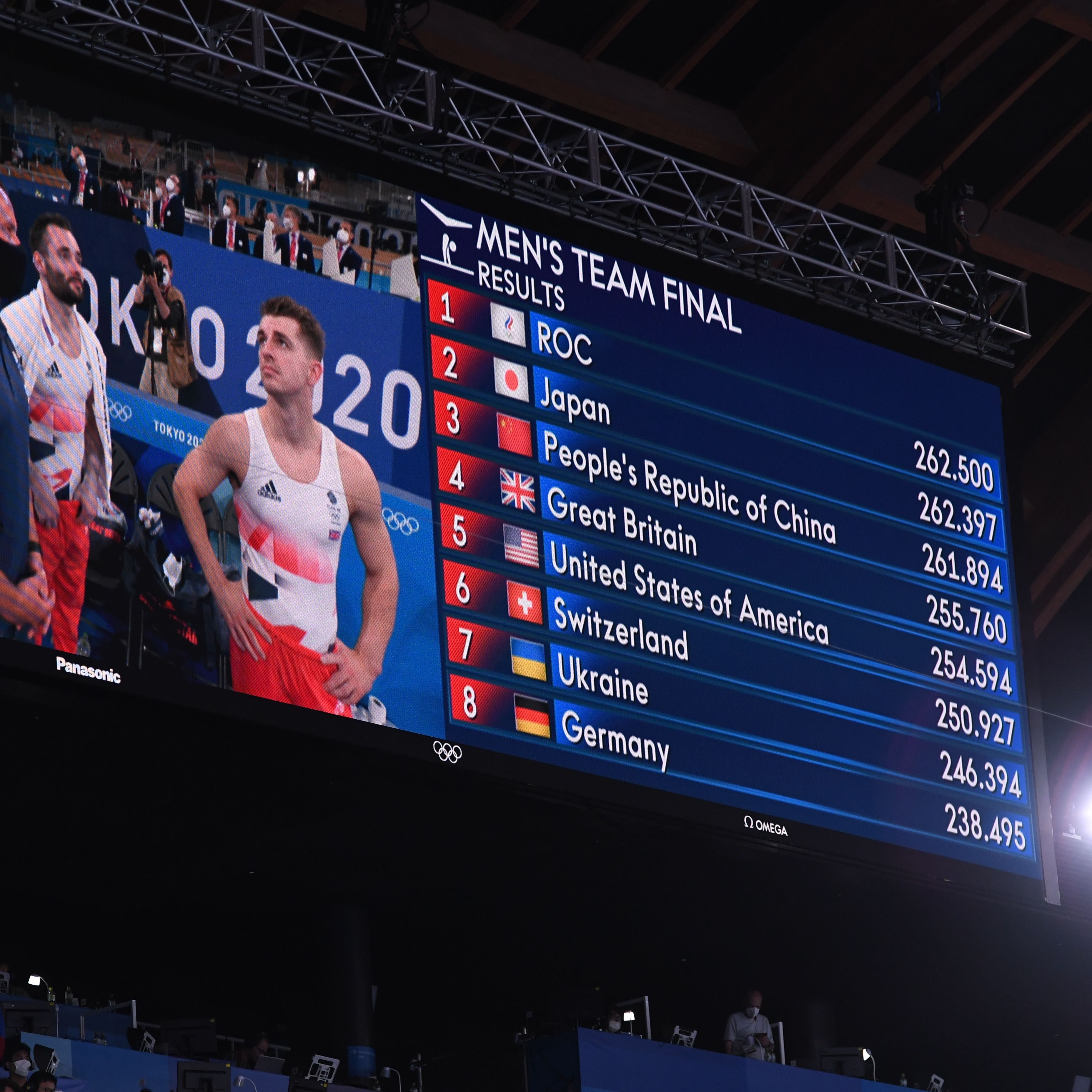 What Does "ROC" Mean at the Tokyo Olympics?
What Does "ROC" Mean at the Tokyo Olympics?It's a temporary workaround in the aftermath of Russia's massive doping scandal.
By Katherine J. Igoe